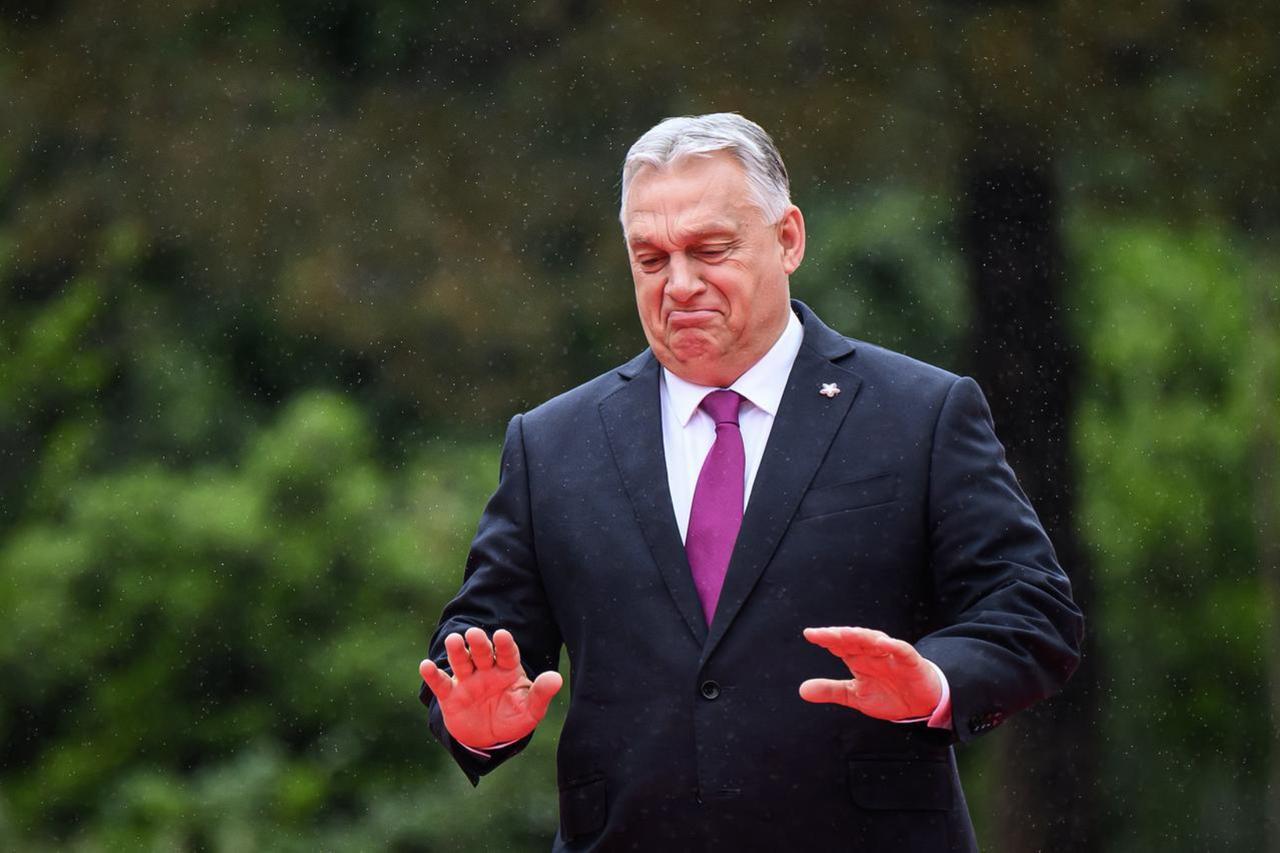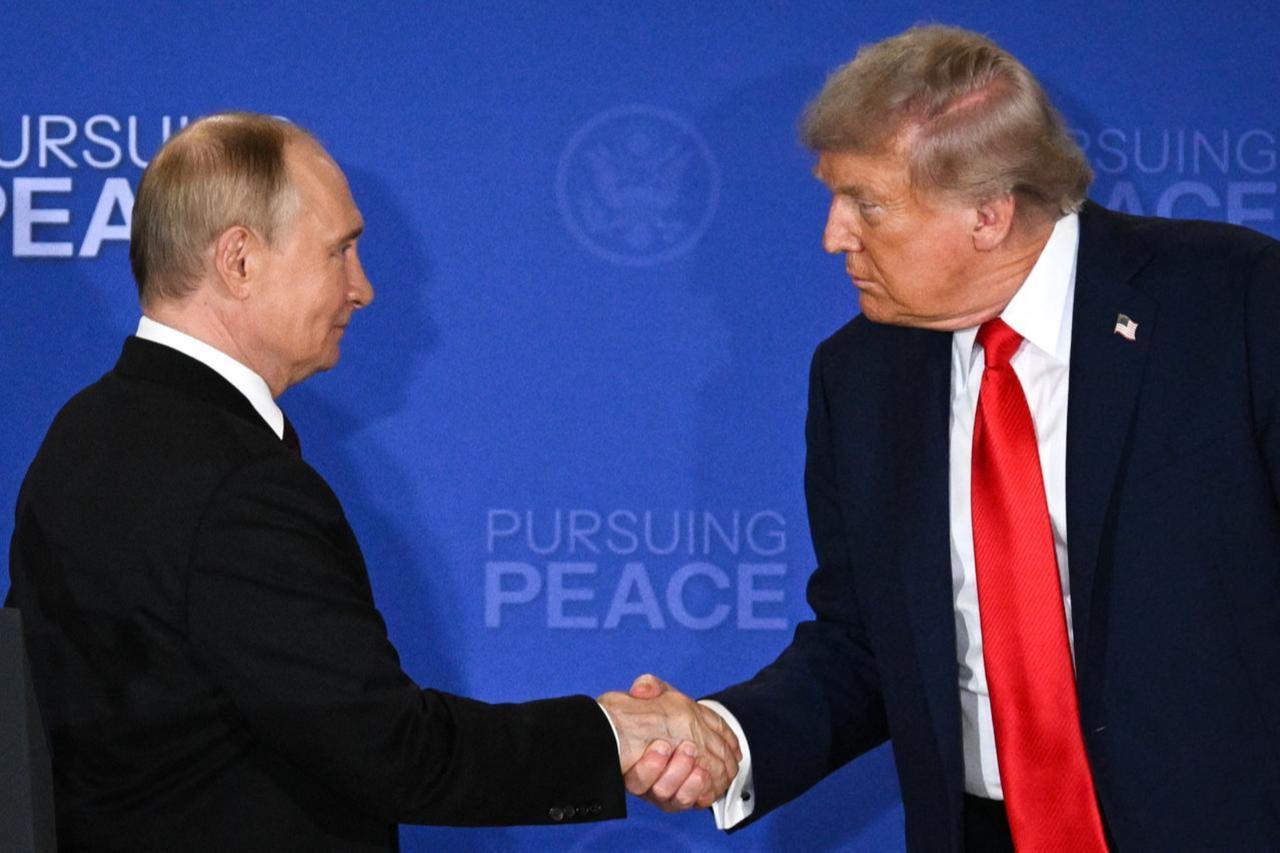
U.S. President Donald Trump telephoned Hungarian Prime Minister Viktor Orban to address Hungary's obstruction of Ukraine's European Union membership bid, according to a Bloomberg report Tuesday.
The call emerged from high-level discussions Monday at the White House, where Trump met with Ukrainian President Volodymyr Zelenskyy and several European leaders. European officials had specifically requested that Trump use his relationship with Orban to persuade the Hungarian leader to drop his opposition to Ukraine's EU accession, Bloomberg reported, citing sources familiar with the matter.

During the conversation, Hungary indicated its willingness to host future negotiations between Russian President Vladimir Putin and Zelenskyy. Trump confirmed that a meeting between the Russian and Ukrainian leaders would take place, though no location has been determined.
Orban publicly responded to the outreach Tuesday via Facebook, acknowledging he received the membership request but maintaining his position. "Ukraine's membership in the European Union does not provide any security guarantees," Orban wrote. "Therefore linking membership with security guarantees is unnecessary and dangerous."

Neither the White House nor Hungarian officials in Budapest confirmed the phone call occurred.
The diplomatic contact followed extensive White House talks involving Trump, Zelenskyy, six European leaders and NATO Secretary-General Mark Rutte, who had traveled to Washington to advocate for coordinated peace efforts. The meeting came days after Trump's summit with Putin in Alaska.
Orban had previously praised the U.S.-Russia meeting as a turning point that made "the world a safer place."
Ukraine has pursued EU membership as part of its broader integration with Western institutions, viewing the economic and political union as crucial for its post-war reconstruction and security framework. Hungary's opposition represents a significant obstacle, as EU expansion requires unanimous approval from all member states.
The diplomatic pressure on Orban reflects the broader challenge facing Western allies in maintaining unity on Ukraine policy while managing relationships with leaders who have maintained closer ties to Moscow.